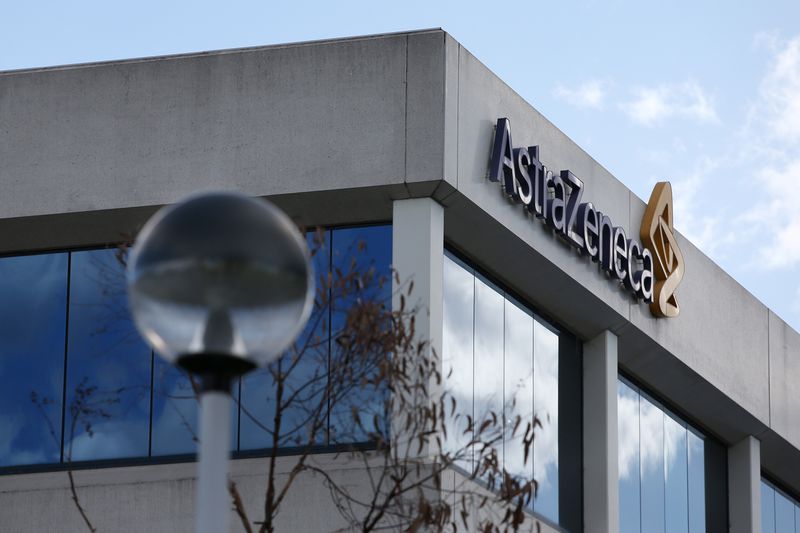Drugmaker AstraZeneca begins dosing volunteers with coronavirus antibody treatment as part of clinical trial

British drugmaker AstraZeneca has begun administering doses of a new antibody cocktail aimed at preventing and treating COVID-19, signaling what may be a massive step toward creating a cure that could help bring an end to the global pandemic.
The London-based firm revealed Tuesday that a Phase 1 clinical trial involving at least 48 healthy participants between the ages of 18 and 55 years old is currently underway. The study will analyze whether AZD7442, a combination of two monoclonal antibodies, proved safe and tolerable for its volunteers.
Monoclonal antibodies — or man-made versions of proteins naturally produced by the human immune system ― have previously been tapped to treat a variety of diseases, including some types of cancer.
“This trial is an important milestone in the development of our monoclonal antibody combination to prevent or treat COVID-19,” the study leaders stated in a press release.
“This combination of antibodies, coupled to our proprietary half-life extension technology, has the potential to improve both the effectiveness and durability of use in addition to reducing the likelihood of viral resistance.”
Should it prove safe, AstraZeneca said it was prepared to test it out as both a preventative treatment for COVID-19 as well as medicine for infected patients, evaluating “its efficacy as a potential preventative and treatment approach against COVID-19.”
U.S. infectious diseases expert Anthony Fauci has previously bet on antibody treatments in the battle against coronavrius, and AstraZeneca in June received $23.7 million in funding from U.S. government agencies to advance the development such a treatment.

